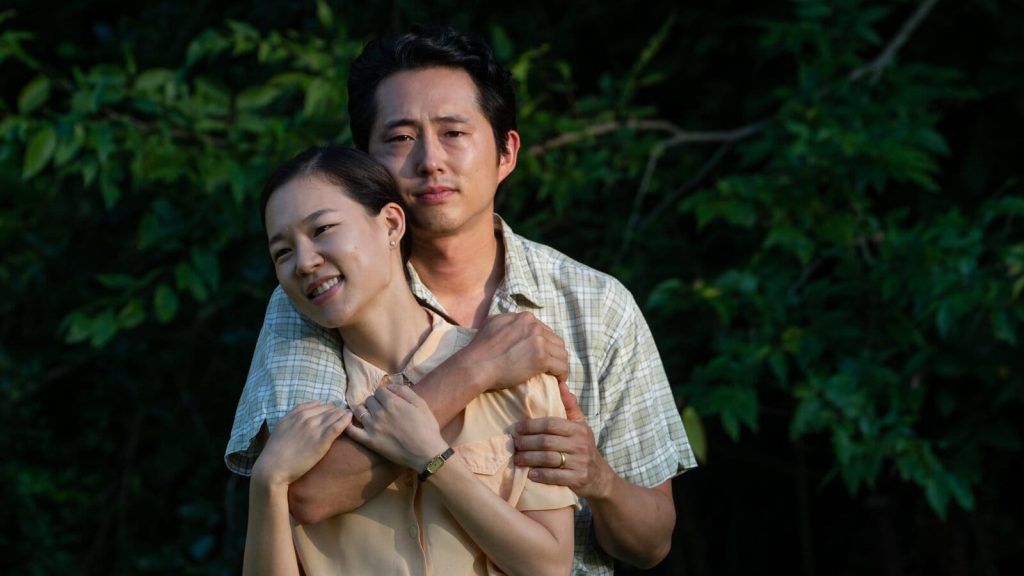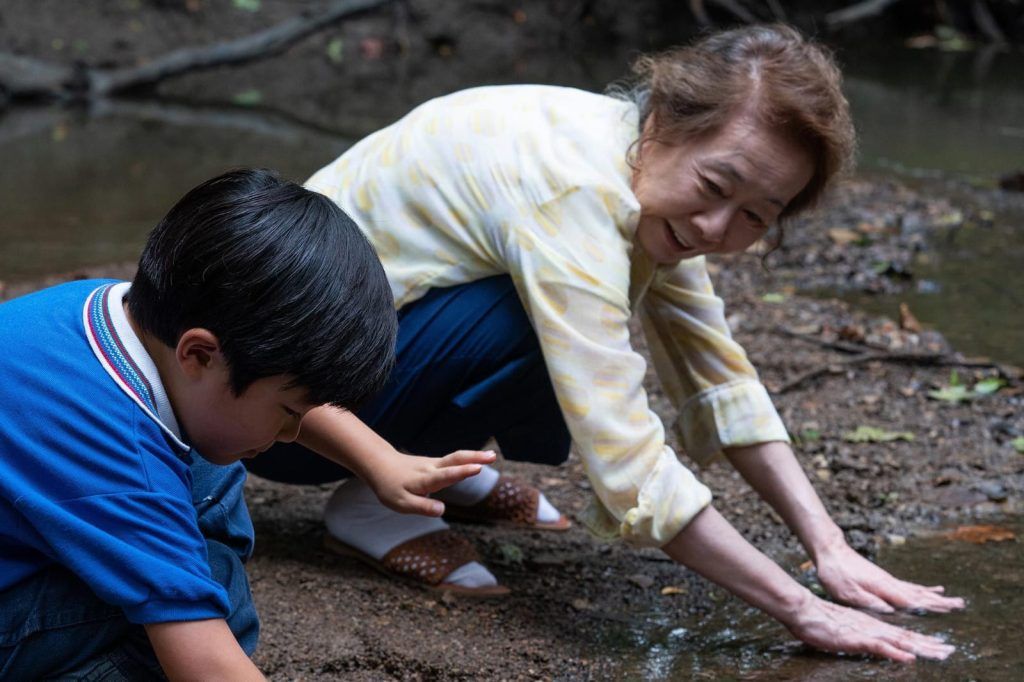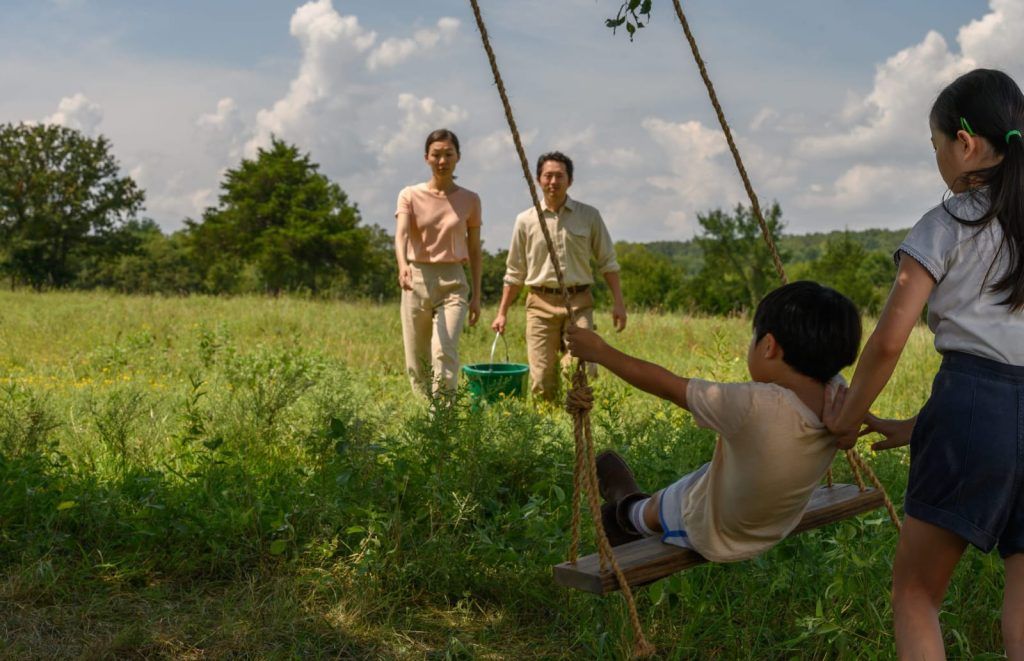“Minari,” directed by Lee Isaac Chung, is a poignant and beautifully crafted film that encapsulates the immigrant experience in America through the lens of a Korean family. Set in the 1980s in rural Arkansas, the film tells the story of the Yi family as they navigate the challenges of starting a new life, cultivating their dreams, and preserving their cultural identity. With its rich storytelling, authentic performances, and stunning cinematography, “Minari” resonates deeply with audiences, evoking both laughter and tears.

The film follows Jacob (Steven Yeun) and Monica (Yeri Han) Yi, who move from California to Arkansas to pursue their dream of owning a farm and providing a better life for their two children, Anne (Noel Kate Cho) and David (Alan Kim). As they settle into their new environment, the family faces various challenges, including financial struggles, cultural differences, and interpersonal conflicts.
The arrival of Monica’s mother, Soonja (Youn Yuh-jung), adds another layer to their family dynamics as she brings her own values and traditions into the mix.

At its core, “Minari” explores themes of resilience, identity, and the immigrant experience. Jacob embodies the American dream, driven by determination and hope, yet he grapples with the harsh realities of farming and the complexities of cultural assimilation. Monica represents the emotional weight of the family’s struggles, caught between her husband’s ambitions and her desire for stability. The film emphasizes the importance of family and community, with the title “Minari” referring to a Korean herb that symbolizes resilience and adaptability, paralleling the Yi family’s journey as they strive to cultivate their roots in a foreign land. The characters in “Minari” are portrayed with depth and nuance. Steven Yeun delivers a compelling performance as Jacob, capturing his ambition and vulnerability, while Yeri Han’s portrayal of Monica showcases her strength and emotional depth. Youn Yuh-jung shines as Soonja, bringing humor and wisdom to the film, while young Alan Kim delivers a standout performance as David, whose innocence and curiosity resonate with audiences. His journey of understanding his family’s struggles and identity is portrayed with authenticity and charm.

The cinematography by Lachlan Milne beautifully captures the lush landscapes of Arkansas, creating a vivid backdrop for the family’s journey. The warm color palette enhances the film’s emotional depth, while the subtle use of nature and its sounds reinforces the themes of growth and resilience. The film’s score, composed by Emile Mosseri, complements the narrative perfectly, weaving together moments of joy, sorrow, and reflection, enhancing the emotional impact of key scenes.”Minari” is a heartfelt exploration of family, identity, and the immigrant experience. Through its rich storytelling and authentic performances, the film captures the struggles and triumphs of the Yi family as they seek to plant their roots in a new land. Lee Isaac Chung’s masterful direction invites audiences to reflect on their own journeys, emphasizing the importance of resilience, love, and connection in the face of adversity. “Minari” is a testament to the enduring power of family and the beauty of embracing one’s cultural heritage, making it a must-see film for anyone seeking a deeply moving cinematic experience.








